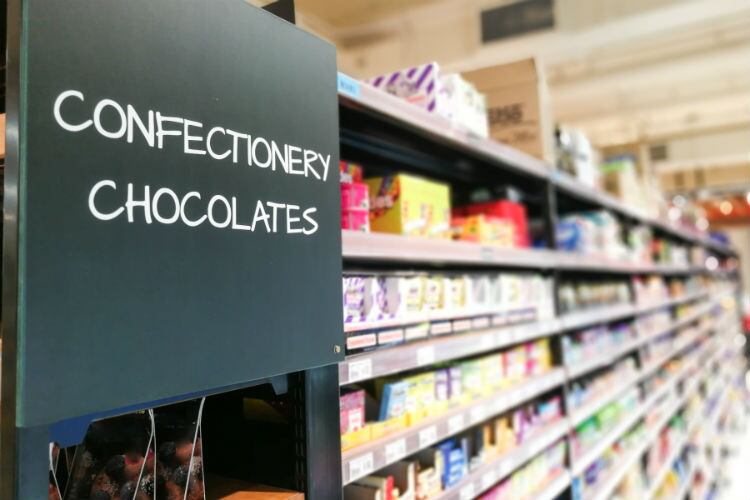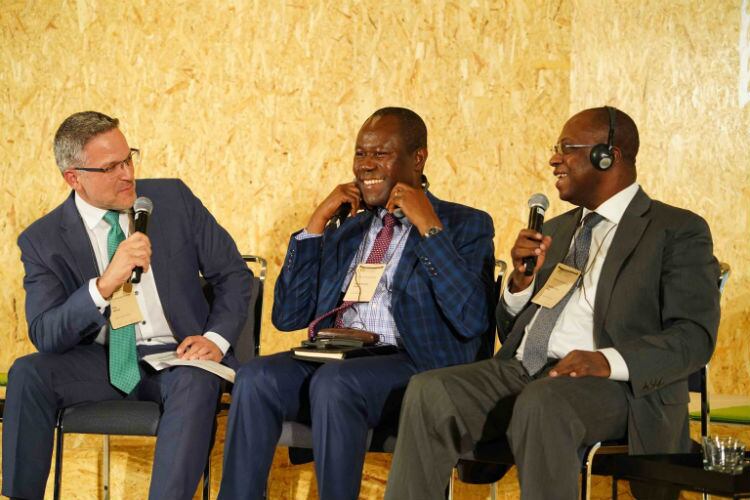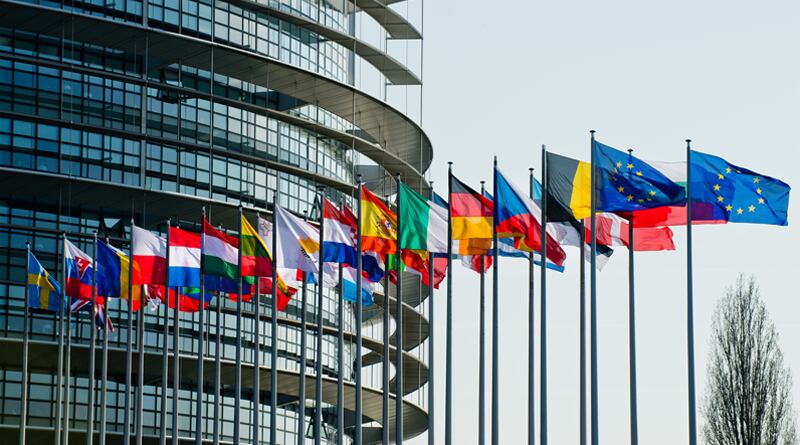“Retailer Cocoa Collaboration (RCC) members are committed to supporting Cocoa & Forests Initiative (CFI) in an approach that is commensurate to the nature of our businesses and the profile of cocoa in our supply chains,” said Rachel Munns, one of the founders of RCC and responsible sourcing manager at UK supermarket giant Tesco. She said that in the case of Tesco, the experience of working with other deforestation risk commodities in its supply chain has taught it some valuable lessons.
“First, we are convinced that collaboration provides an effective and efficient way to support change and grow our leverage. Second, we are conscious of the fact that harmonized approaches by retailers are preferred by our supply chain partners. Third, we know that there are key levers for us to drive change in our typically long and complicated commodity supply chains,” she wrote in a recent World Cocoa Foundation blog.
But, given the complexities of their sourcing mechanism, what exactly is the role that retailers should play in ensuring the sustainability of agricultural commodities at the base of their supply chains? What role can they play in tackling issues such as deforestation, child labor and poverty?
On the panel during a breakout session at the WCF meeting to answer these questions were Hugo Byrnes; vice president product integrity at Dutch retailer Ahold Delhaize, and another of the RCC founders; Birgit De Vos, senior manager of social sustainability at the Sustainability Consortium; and Friederike Martin one of the leading experts on living income and an advisor at GIZ, the German Agency for International Cooperation.

Byrnes said that in the case of Ahold Delhaize all its own-label products are 100% certified, “but certification on its own is not the solution. So we sat down with other retailers and said why don’t we see what else we can do beyond certification? This doesn’t mean we are going to lose the certification, we work on top of it.”
He said that members of RCC, which include Ahold Delhaize, along with Carrefour, Aldi, Lidl, Metro Germany, M&S, Sainsbury’s and Waitrose, had sent a letter to suppliers to investigate what is happening in their supply chain, requesting suppliers provide more information on their activities on issues such as sustainability, climate change and social issues including forced labor, child labor and income.
As retailers we are close to consumers, retailers need information on what the issues are, with hot topics such as fires in the Amazon
“As retailers we are close to consumers, retailers need information on what the issues are, with hot topics such as fires in the Amazon, consumers want to know what retailers are doing about the situation, without questioning what the connection is between them and the fires,” he said.
De Vos said retailers need to prioritize, and decide what are the most important topics concerning their customers - child labor, deforestation, for example? Then they need to question their suppliers on their commitments on these topics, and review long-term contracts if they are not satisfied.
Pressure on companies
Retailers can put pressure on companies to eliminate suppliers and they have tools as part of their KPIs to monitor suppliers. But the panel agreed that retailers have a multiplicity of supply chains that they have to look at and it can be difficult to collaborate with partners to prioritize and maximize their impact and improve transparency in the supply chain.
De Vos said that the Sustainability Consortium tracks 10,000 SKU sustainability hotspots, over 113 categories, including cocoa. With around 15 hotspots per category, she said it makes it easier for a retailer to ask a supplier ‘how are you measuring against those hotspots, on child labor for example, or deforestation, or living income’.
“We also map crops worldwide and assess the risks of unsustainable practices in areas, by the square kilometre. All these things can help the retailer prioritise and work with their suppliers and ask them what are the main areas they are focussing on,” she said.
Responsible purchasable practices are key, Martin from GIZ agreed, and they require retailers to look into their supply chains, making them transparent and they should talk to suppliers and work with them together.
She said retailers in general feel underrepresented in the living income sphere and are unsure of their role and responsibility.
Legislative frameworks
Martin believed that the next steps could be legislative frameworks from governments, “because I think what is needed is a ‘level-playing field’ on sustainability issues, and companies that have already adopted good practices should be recognized and not be at a disadvantage.”
She said there is already pressure from the German government on retailers to ensure that their products they offer to the consumer are produced by sustainable and responsible means.
One of the main entry points for retailers to drive through change is via their own label products. Byrnes made the point that retailers cannot ask branded good manufactures to improve their performance when their own efforts fall short.
He said that Albert Heijn’s own-label chocolate, Delicata, had gone “beyond certification”, with its partnership with Dutch ethical brand Tony Chocolonely, and main supplier Barry Callebaut to help the brand set up a completely separate supply chain from the ground up, which has been a huge success, with other brands in other countries now showing interest in Delicata.
“We are investigating what the actual effect is on the ground, the work is on-going, it’s not a marketing trick, and we are looking forward to seeing the results and see what difference the brand has made to farmers’ lives,” he said.
Stong business case
De Vos made the point that consumers are interested in organic or Fairtrade certification and are willing to pay more. “There is evidence that retailers are increasing their sales on sustainable products, so there is a strong business case to sell more sustainable products … we want to see initiatives that go beyond private label, and into more mass market products,” she said.
In her blog, Munns said there has been ‘major positive reforms underway in the industry since November 2017’ and many of the companies used by Tesco have committed to achieving sustainability via sourcing cocoa certified to standards including Rainforest Alliance, Fairtrade, organic, ‘and others’.
Fresh commitments from the RCC include supporting the CFI through engagement with trading partners through a collaborative retailer approach.
RCC agreed actions include:
- Public endorsement (where appropriate) of the Cocoa and Forests Initiative. This includes encouraging traders and suppliers to commit to the eight CFI principles as well as company specific communications.
- An ambition to map our collective supply chains so we know what percentage of our cocoa supply is from each trader.
- A commitment to assess cocoa traders’ performance against key sustainability indicators. This approach replicates that of the Palm Oil Transparency Coalition and acknowledges that the key lever for change within the cocoa supply chain for retailers is at the trading level.
Munns said that following the assessment, the job will be to understand how the RCC’s current work on cocoa sustainability is supporting CFI. “Where there are gaps, we will explore opportunities to support further.”
There is also a commitment to bi-annual meetings by members as part of the Retailer Cocoa Collaboration, to look at its progress.




